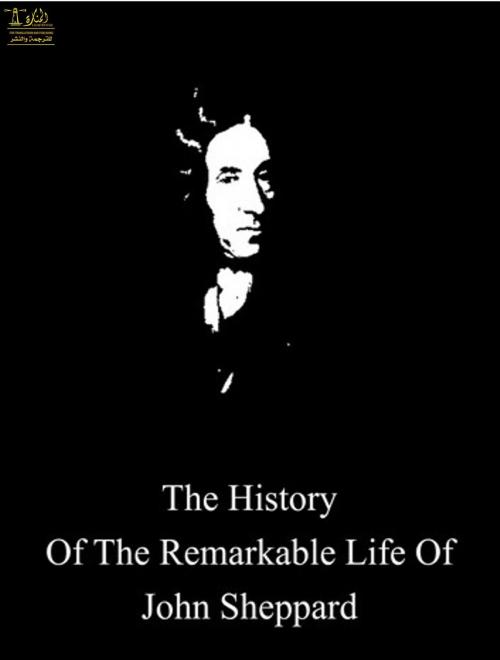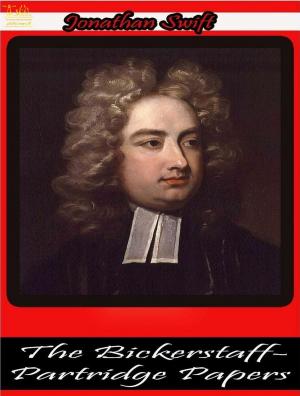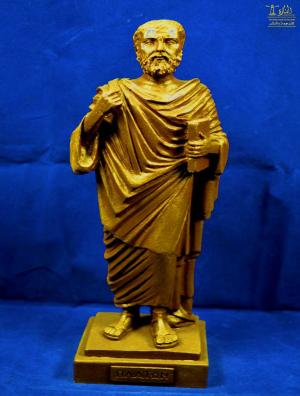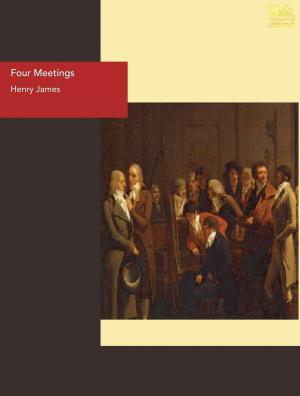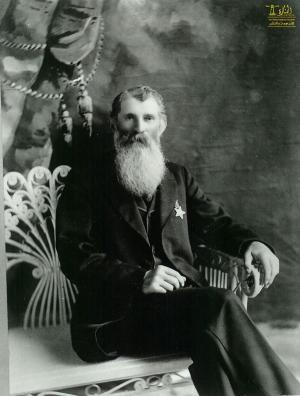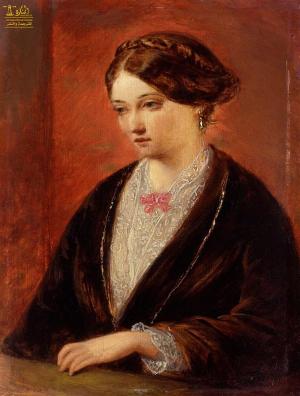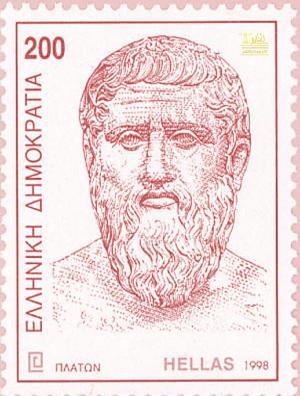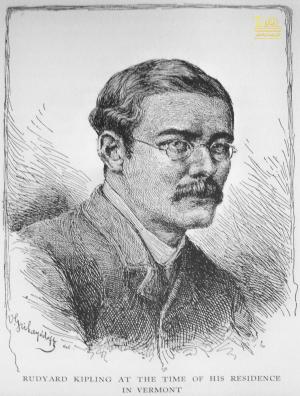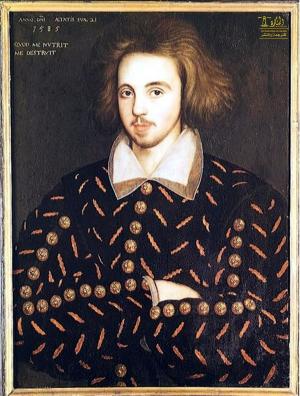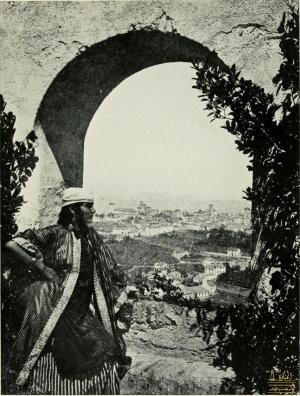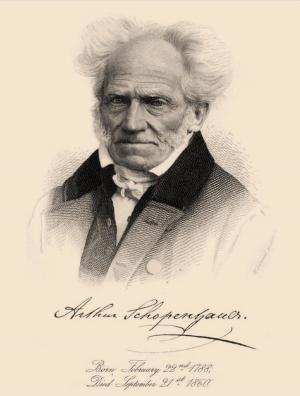The History of the Remarkable Life of John Sheppard
Nonfiction, Entertainment, Drama, Anthologies, Fiction & Literature, Literary Theory & Criticism| Author: | Daniel Defoe | ISBN: | 9780599507944 |
| Publisher: | Lighthouse Books for Translation Publishing | Publication: | May 5, 2019 |
| Imprint: | Lighthouse Books for Translation and Publishing | Language: | English |
| Author: | Daniel Defoe |
| ISBN: | 9780599507944 |
| Publisher: | Lighthouse Books for Translation Publishing |
| Publication: | May 5, 2019 |
| Imprint: | Lighthouse Books for Translation and Publishing |
| Language: | English |
The History of the Remarkable Life of John Sheppard - By Daniel Defoe - Containing a Particular Account of his many Robberies and Escapes. Jack Sheppard or known as John Sheppard (4 March 1702 - 16 November 1724) was a notorious English robber, burglar and thief of early 18th-century London.
While those are all impressive accomplishments, Defoe's name has lived on through Robinson Crusoe, one of the first and finest novels ever written. The book is written as a fictional autobiography of Robinson Crusoe, a castaway who spends nearly 30 years on a tropical island, where he encounters all kinds of danger and adventures. Published in the early 18th century, the novel may have been inspired by a real Scottish castaway, Alexander Selkirk, who lived for nearly 5 years on a Pacific Island. That island's name has since been changed to Robinson Crusoe Island. Robinson Crusoe was a stark departure from the typical literature of the day, which was still based on ancient mythology, legends, and history.
Born in London, the son a James Foe, a tallow-chandler, he changed his name to the more genteel Defoe. His childhood years saw the Great Plague 1665 and the Great Fire 1666. These traumatizing events may have helped shape his fascination with catastrophes and survival in his later writing. Defoe attended a respected school in Dorking, where he was an excellent student, but as a Presbyterian, he was forbidden to attend Oxford or Cambridge. Instead, he entered a dissenting institution called Morton's Academy for Dissenters and for some time entertained the idea of becoming a Presbyterian minister. Though he abandoned this plan, his Protestant values endured throughout his life despite discrimination and persecution, and these values are powerfully expressed in Robinson Crusoe. In 1683, Defoe became a traveling hosiery salesman. Visiting Holland, France, and Spain on business, Defoe developed a taste for travel that lasted throughout his life. His fiction reflects his interest in travel as well, as his characters Moll Flanders and Robinson Crusoe both change their lives by voyaging far from their native England.
Defoe quickly became successful as a merchant, establishing his headquarters in a high-class neighborhood of London. A year after starting up his business, he married an heiress named Mary Tuffley, who brought him the sizeable fortune of 3,700 pounds as dowry. A fervent critic of King James II, Defoe became affiliated with the supporters of the duke of Monmouth, who led a rebellion against the king in 1685. When the rebellion failed, Defoe was essentially forced out of England, and he spent three years in Europe writing tracts against James II. When the king was deposed in the Glorious Revolution of 1688 and replaced by William of Orange, Defoe was able to return to England and to his business.
Unfortunately, Defoe did not have the same financial success as he did earlier in his career, and by 1692 he was bankrupt, having accumulated the huge sum of 17,000 pounds in debts. Though he eventually paid off most of the total, he was never again entirely free from debt, and the theme of financial vicissitudes—the wild ups and downs in one's pocketbook—became a prominent theme in his later novels. Robinson Crusoe in particular, contains many reflections about the value of money.
The History of the Remarkable Life of John Sheppard - By Daniel Defoe - Containing a Particular Account of his many Robberies and Escapes. Jack Sheppard or known as John Sheppard (4 March 1702 - 16 November 1724) was a notorious English robber, burglar and thief of early 18th-century London.
While those are all impressive accomplishments, Defoe's name has lived on through Robinson Crusoe, one of the first and finest novels ever written. The book is written as a fictional autobiography of Robinson Crusoe, a castaway who spends nearly 30 years on a tropical island, where he encounters all kinds of danger and adventures. Published in the early 18th century, the novel may have been inspired by a real Scottish castaway, Alexander Selkirk, who lived for nearly 5 years on a Pacific Island. That island's name has since been changed to Robinson Crusoe Island. Robinson Crusoe was a stark departure from the typical literature of the day, which was still based on ancient mythology, legends, and history.
Born in London, the son a James Foe, a tallow-chandler, he changed his name to the more genteel Defoe. His childhood years saw the Great Plague 1665 and the Great Fire 1666. These traumatizing events may have helped shape his fascination with catastrophes and survival in his later writing. Defoe attended a respected school in Dorking, where he was an excellent student, but as a Presbyterian, he was forbidden to attend Oxford or Cambridge. Instead, he entered a dissenting institution called Morton's Academy for Dissenters and for some time entertained the idea of becoming a Presbyterian minister. Though he abandoned this plan, his Protestant values endured throughout his life despite discrimination and persecution, and these values are powerfully expressed in Robinson Crusoe. In 1683, Defoe became a traveling hosiery salesman. Visiting Holland, France, and Spain on business, Defoe developed a taste for travel that lasted throughout his life. His fiction reflects his interest in travel as well, as his characters Moll Flanders and Robinson Crusoe both change their lives by voyaging far from their native England.
Defoe quickly became successful as a merchant, establishing his headquarters in a high-class neighborhood of London. A year after starting up his business, he married an heiress named Mary Tuffley, who brought him the sizeable fortune of 3,700 pounds as dowry. A fervent critic of King James II, Defoe became affiliated with the supporters of the duke of Monmouth, who led a rebellion against the king in 1685. When the rebellion failed, Defoe was essentially forced out of England, and he spent three years in Europe writing tracts against James II. When the king was deposed in the Glorious Revolution of 1688 and replaced by William of Orange, Defoe was able to return to England and to his business.
Unfortunately, Defoe did not have the same financial success as he did earlier in his career, and by 1692 he was bankrupt, having accumulated the huge sum of 17,000 pounds in debts. Though he eventually paid off most of the total, he was never again entirely free from debt, and the theme of financial vicissitudes—the wild ups and downs in one's pocketbook—became a prominent theme in his later novels. Robinson Crusoe in particular, contains many reflections about the value of money.
